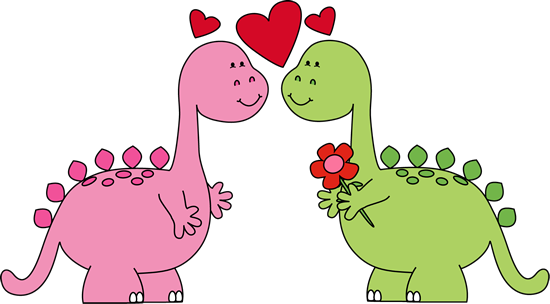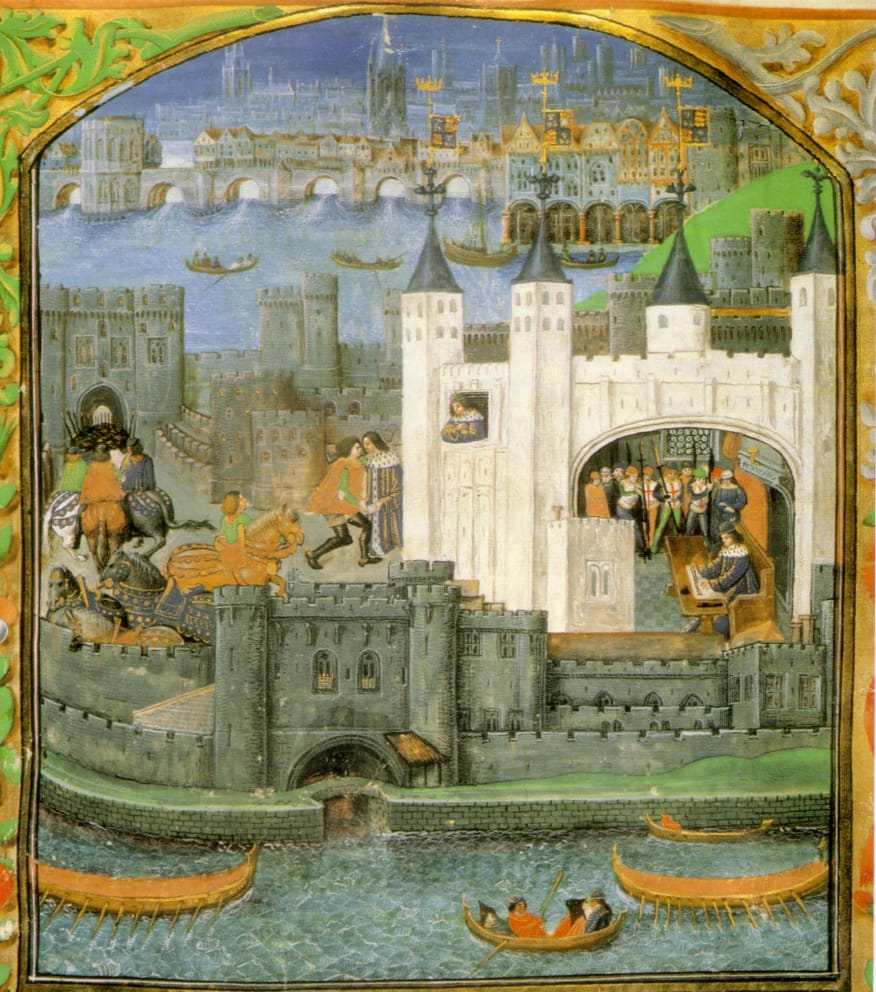Not everybody loves poetry, particularly in a foreign language, For poetry lovers, French poetry is not so different from the poems in English which we can all enjoy, I have picked some poems which I have liked with their English translation.
Gill Storey
During the period up to the French revolution, French literature and thought had the strongest influence on England, and ideas and themes were exchanged. Many poems, novels and plays were translated to and from French, were read widely and had the greatest influence on writing in both languages.
The First Valentine

This poem is said to be the first Valentine written in any language.
The spelling has been modernised. The translation is based on Charles d’Orleans’ own version.
It is said he came back from England speaking English better than French.
He lived in England just at the end of the first great period of English poets, which included Chaucer, Langland and the writer of Sir Gawain and the Green Knight.
| Original French | English |
Je suis déjà d’amour tanné, Ma très douce Valentinée, Car pour moi fûtes trop tard née, Et moi pour vous fus trop tôt né. Dieu lui pardonne qui estrené M’a de vous, pour toute l’année Je suis déjà, etc. Ma très douce, etc. Bien m’étais suspeçonné, Qu’aurais telle destinée, Ainsi que passât ceste journée, Combien qu’Amours l’eût ordonné. Je suis déjà, etc. | I am already sick of love, My very gentle Valentine, Since for me you were born too soon, And I for you was born too late. God forgives he who has estranged Me from you for the whole year. I am already, etc. My very gentle, etc. Well might I have suspected, Having such a destiny, cousin Thus would have happened this day, How much that Love would have commanded. I am already, etc. |

THE MAN WHO WROTE THE FIRST VALENTINE
Charles Duke of Orleans (1395-1465) was captured in 1415 at the Battle of Agincourt. He was close in line to the French throne and Henry V instructed that he was not to be released from imprisonment in England.
His first wife and cousin, Isabella, the widow of Richard 11, whom he married when he was 12 years old, died in childbirth.
His second wife, Bonne d’Armagnac, whom he married in 1410, had no children and died before his release from captivity in 1440.
This little poem is addressed to her and was written in 1416. His release was due to the Duke and Duchess of Burgundy.
With his third wife, Marie of Cleves, also a Burgundian, he had three children, 2 girls and a son who became Louis X11 of France. The title of Duke of Orleans was traditionally given to the second son of the King of France.
Another of his poems which has an appeal at this season is his “Rondel” (a rondel uses only two rhymes and has a refrain, as does the Valentine):
Rondel
| Original French | English |
Le temps a laissé son manteau De vent, de froideur et de pluie, Et s’est vêtu de broderie De soleil rayant, clair et beau. Il n’y a bête ni oiseau Qu’en son jargon ne chante ou crie : Le temps a laissé son manteau De vent, de froideur et de pluie. Rivière, fontaine et ruisseau Portent en livrée jolie Gouttes d’argent, d’orfèvrerie ; Chacun s’habille de nouveau : Le temps a laissé son manteau De vent, de froideur et de pluie.
| The weather has cast off its mantle Of wind, of cold and of rain, And is clad in embroidery Of radiant sunlight, clear and fine., There is neither beast nor bird Which in its language does not sing or cry: The weather has cast off its mantle Of wind, of cold and of rain. River, spring and stream Wear a pretty livery Drops of silver and jewellery; Each dresses itself anew: The weather has cast off its mantle Of wind, of cold and of rain.
|

[…] Here’s the first Valentine’s poem recorded in history for your sappy, romantic pleasure in both French and English modernly translated by Anglophone-Direct. […]